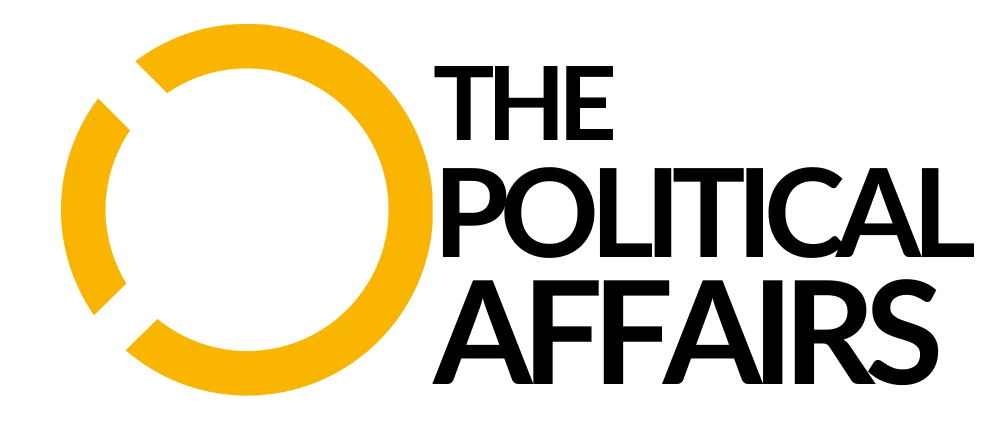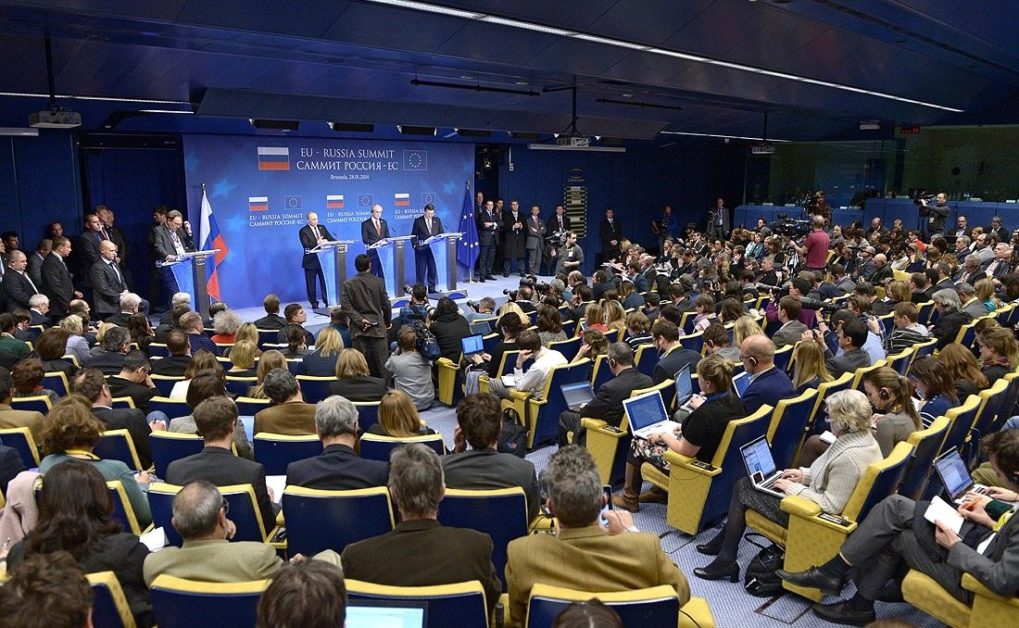The idea of soft power is the opposite of the “obsession” realists have with the so-called “hard power” that implies military power, self-help and survival capabilities.
The essence is best captured by Joseph Nye, who says:
“A country may obtain the outcomes it wants in world politics because other countries want to follow it, admiring its values, emulating its example, aspiring to its level of prosperity and openness. In this sense, it is just as important to set the agenda in world politics and attract others as it is to force them to change through the threat or use of military or economic weapons. This aspect of power—getting others to want what you want -I call soft power.”
Soft power includes everything that comes under the idea of attraction in foreign policy, whether it is human rights, the rule of law, institutions, economics, culture, technology and other domestic “capabilities” to express ourselves with theoretical terms of realism that generate attraction.
How the EU is using soft power in its international relations
The EU represents the first real implementer of these capabilities that provide good credit for managing and shaping the relations with its neighborhood. The EU leads its foreign policy through several mechanisms at its disposal.
The first mechanism is conditionality which implies the granting or refraining of certain rewards arising from the relationship with the EU if the other party meets the conditions.
The second mechanism the Union uses is that of “social learning”, which implies the socialization of domestic societies towards pro-European identities.
The third mechanism in foreign policy is “passive enforcement” of contractual relations with the Union, which is used in conflict resolution policies. In this model, “obligations rather than conditions set the rules that determine the network that provides for a beneficial cooperation.”
All these mechanisms, combined with the strong soft power of the Union as a “civilizing” and “normative” force, are used in relations with neighboring countries and foreign policy.
The Union also uses them in security and conflict situations and its conflict resolution policy. The benefits of using soft power hold great potential in modern international relations.
The full text of this article was first written in 2017 in Master Thesis: “The role of the EU in resolving frozen conflicts in the “Eastern Partnership” through the prism of realism”, University “St. Cyril and Methodius”, Law School Iustinianus Primus- Skopje

